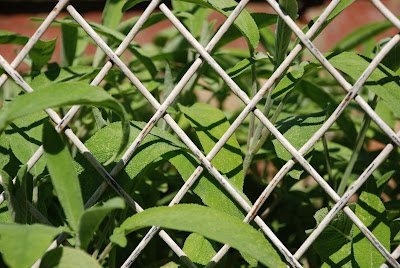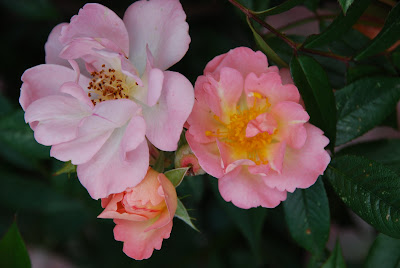
My recent postings on human rights has caused me to think about the means to ensure that rights become effective, rather than simply formal, rights. Effective rights requires the distribution of resources, and one of the most radical ways to place real resources into the hands of all of us in a manner that treats us as equals, entitled to liberty and the opportunity to pursue our own conceptions of the good life, would be a Citizen's Income. A citizen's income is not a minimum wage, but a non-means tested income which is provided for all citizens on the basis of their personhood and their membership of a nation state. The common criticism is that such a policy would encourage 'free-riders' or surfers who idle all day on Malibu beach. There are two problems with this argument, firstly, the empirical assumption that surfers make no social or economic contribution. In fact, in the UK, surfing communities generate significant local income in the form of retail, sporting and tourist activities. Secondly, the moral judgement that idling is generally a bad thing, which would, of course, depend upon what one means by idling. Ivan Illich wrote 'The Right to Useful Unemployment' in order to recognise a far wider range of social contribution than waged labour, and a recent defense of idling based upon sustainable living and the freedom to choose written by Tom Hodgekinson called 'How to be Idle'. See the Idler website: http://idler.co.uk.



























